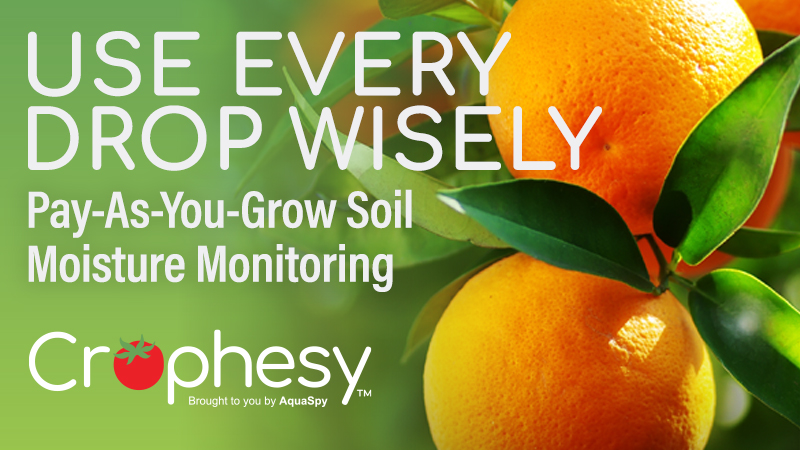Innovative Technology Is Necessary For Potato Growers To Be Sustainable [Opinion]

John Keeling
The historic success of U.S. growers in providing consumers with safe, abundant, and affordable food, results from the interaction of hard work and the application of innovative technologies. It is vital that growers continue to have access to technologies that meet consumer demand while using less land and conserving soil, water, and energy.
Historically, there has often been opposition or fear of new agricultural technologies and today is no different. A certain class of pesticides, neonicotinoids, is currently under fire based on inconclusive science linking their use to the health of pollinators.
Similarly, opponents of biotechnology-derived foods want to deny farmers and consumers access to the beneficial traits of these products. Adopting cutting-edge technology makes sense to those who want to increase productivity and better manage production risks.
The Evaluation Process
The grand design is that all of this gets sorted out through effective science-based government review and consumer preference expressed in the marketplace. In the case of crop protection chemicals like neonicotinoids, EPA evaluates new products for adverse effects on the environment, agriculture workers, and the public before the product can be applied.
This process is repeated periodically for all crop protection products. For seeds and plants developed through biotechnology, USDA handles the evaluation of potential environmental impacts and FDA handles the food safety evaluations. For biotech, the food safety evaluation is voluntary, although all food biotechnology providers have submitted their products for review. The potato industry and the vast majority of the food industry support making this food safety review mandatory.
The regulatory piece is in place so consumers can place confidence in the safety of the agricultural technology that helps produce their food. Consumers can ask for conventionally produced products or organic products, as they prefer. They can select food produced using biotechnology or food that used only products derived from conventional breeding techniques — the choice is theirs.
There are a few things Congress can and should do to make sure consumers and farmers communicate effectively in the marketplace. They should not require labels on any food or food product to make food safety claims where the federal regulatory authorities have not identified any threats to human health.
Congress should establish FDA as the final authority on food safety and food labeling. They should not allow a patchwork of individual state food labeling laws to confuse consumers and make the national distribution of food more complicated and inefficient.
Based on that set of rules, consumers will purchase just the potatoes they want. You will be free to decide which consumer you want to serve. And, potato growers will continue to make decisions on which scientifically valid technology they use.










